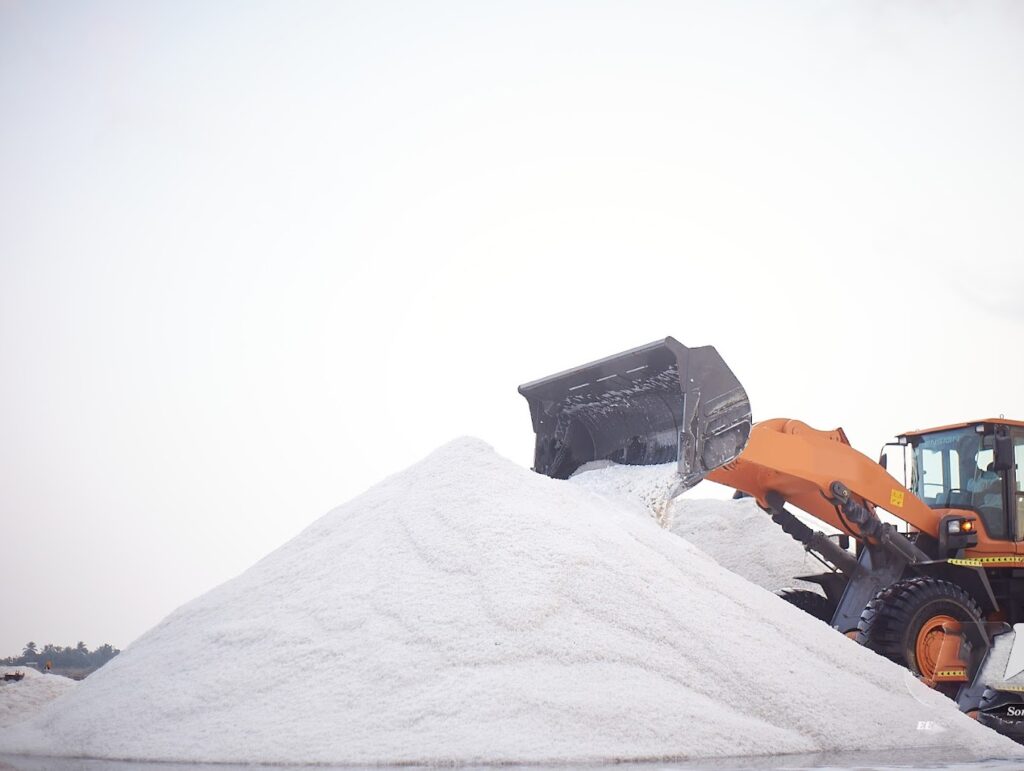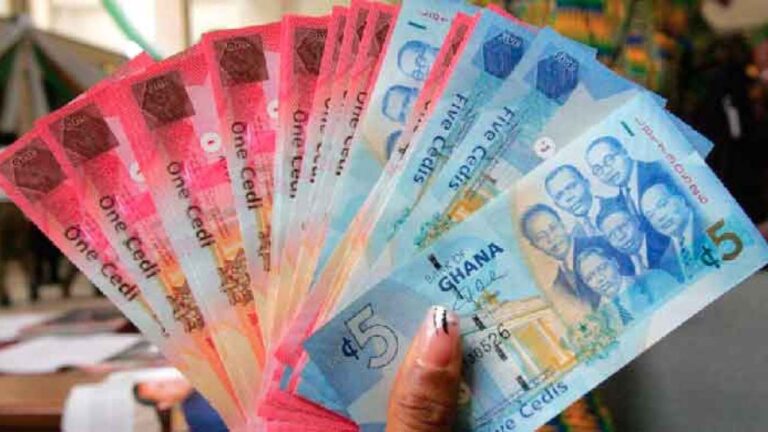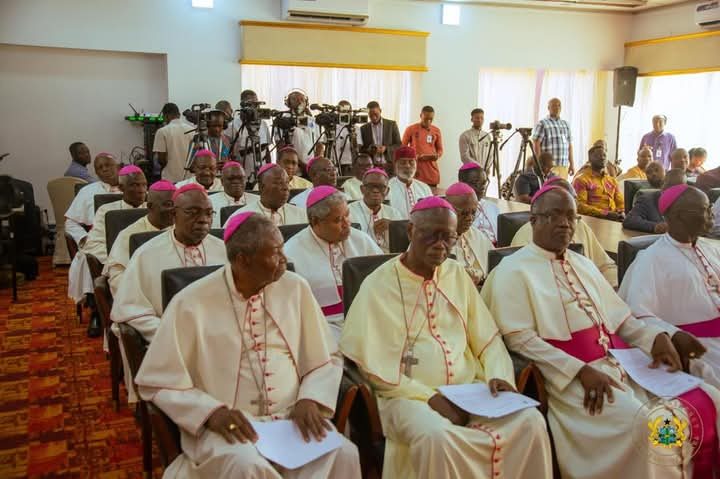
“This is an optimal moment to invest in a sustainable resource that benefits people and the environment.”
Ghana in 2022 exported $4.36 million worth of salt making the country the 59th largest exporter of salt in the world.
This is 0.022% of Ghana’s total export earnings of $20 billion for the same period according to an IMANI Policy Brief – Prospects of Ghana’s Salt Industry: A Pathway to adding an extra $1 Billion in foreign exchange earnings
Ghana has a thriving salt mining and production industry, consistently producing around 250,000 metric tons annually over the last decade. The salt is obtained through solar evaporation of concentrated sea water in salt pans, typically located in areas close to the sea.
“Any observer’s cursory look at the potential for salt production in Ghana will immediately notice the gross shortfall between potential annual earnings from the salt industry and the actual production. For such observers, this gross underutilization of the resource potential represents a missed opportunity for the salt value chain and its benefits to the country and the African continent as a whole”, says IMANI.
To IMANI the entry into the salt industry terrain by Electochem is a game changer in the salt production conversation in the country.
Electrochem Ltd, a Ghanaian-owned entity, has entered into a lease arrangement that positions them to take full advantage of the Songor Lagoon, which is Ghana and possibly West Africa’s largest naturally occurring solar salt potential basin.
According to IMANI internal documents at Electrochem show that the Company intends to grow annual salt production volumes from the Songor enclave from the usual range of 150,000 metric tonnes annually to about 400,000 metric tonnes annually with the current level of investment over the 2025/6 period.
“The difference is that the salt production will not be focused on the domestic market, but an international export market with industry-grade quality control measures projecting salt as a mineral commodity.
“Revenue projection for 2025 will be around 350-400 million USD based on projected production based on current infrastructure. After subsequent investment rounds and infrastructure development spanning four years, it is expected that the Songor area alone will yield up to 1.5 million metric tonnes annually, leading to potential revenues in the region of upwards of 1 billion USD from 2028 onwards”, documents sighted by IMANI say.
Electrochem, backed by the McDan Group and a consortium of investors, has equity held by the state-run Minerals Investment Fund (MIIF) through a capital injection of around 300 million Ghana cedis. The company is undertaking activities aimed at a forthcoming listing on the Ghana Stock Exchange to raise the required capital for an intensive ramp-up of infrastructure to develop the lagoon for the targeted output.
The company plans to create over 5000 direct jobs. They will develop over 1500 acres of adjoining land in the catchment area of the lagoon to create more than 6000 salt pans. These salt pans will be fed with superior quality, high-yielding brine from the Electrochem evaporation ponds. This initiative will directly benefit over 30 adjoining communities and cooperatives.
IMANI states that through the Songhor project, the country has the potential to become the leading salt producer in Africa. This is due to its unique coastal geography and the ability to produce around 2.5 million metric tonnes annually, which could generate foreign exchange earnings of over $800 million initially and up to $1.2 billion annually by 2028. This could position Ghana among the top 25 salt producers in the world.
“The global salt industry is worth $34 billion and is expected to grow to $48 billion by 2030, with an annual growth rate of over 5%. This is an ideal time to invest in a sustainable resource that benefits people and the environment. Ada, Ghana, and the salt industry should succeed”, IMANI points out.
Story: Oppong Baah







